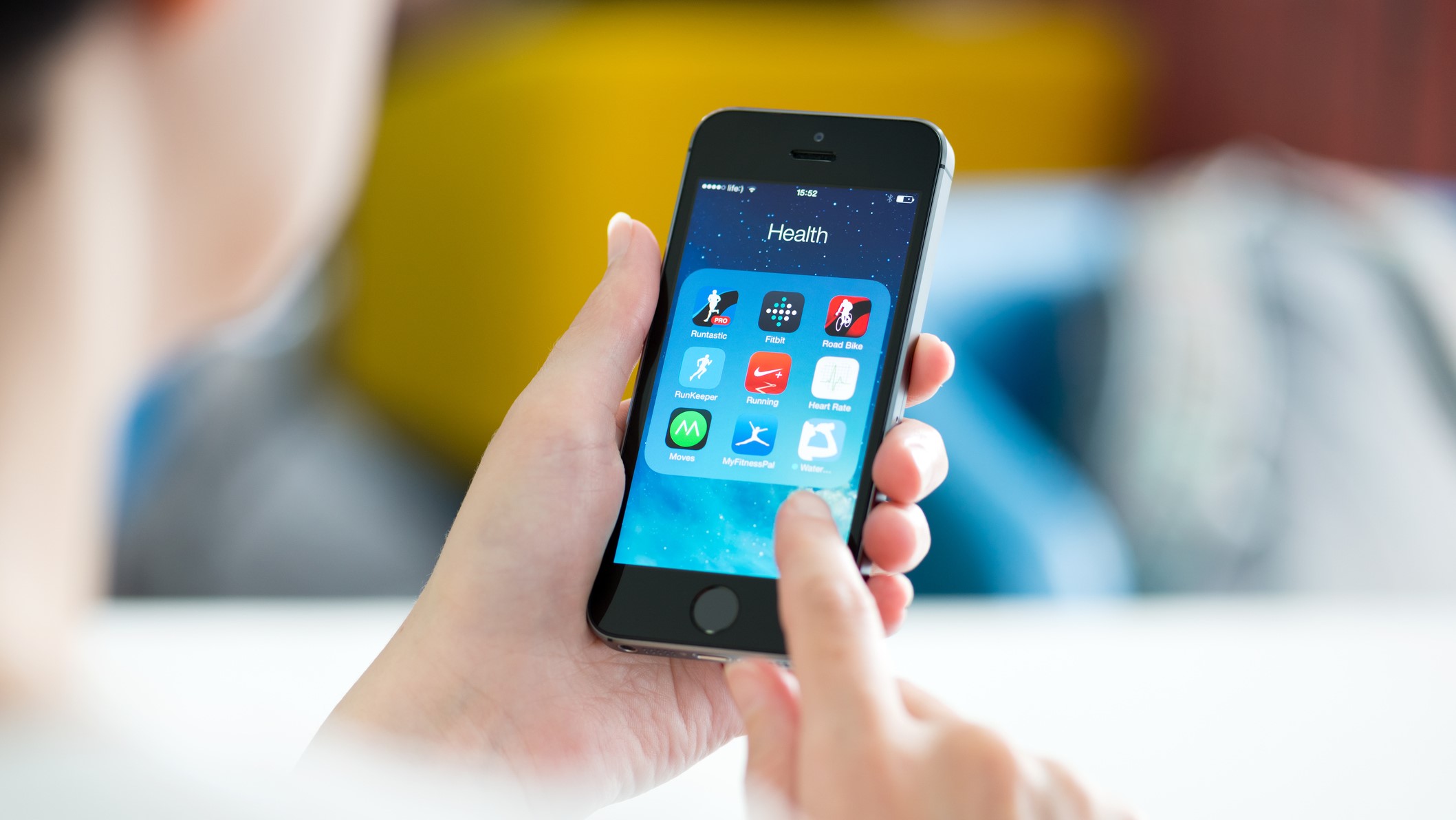Apple to open up health records API to developers and researchers

Apple has announced that it will open up its Health Records application programming interface (API) to developers and researchers this autumn, so that they can create an ecosystem of apps that use health record data to better manage medications, nutrition plans and diagnosed diseases.
The Records feature, accessed through Apple’s Health app, allows patients of more than 500 US hospitals and clinics to access medical information from various institutions organised into one view on their iPhones. For the first time, consumers will be able to share medical records from multiple hospitals with their favourite trusted apps, helping them improve their overall health.
Following the update to its Health app in January, the new facility appears to be gaining momentum, with uptake among hospitals and clinics rising from the initial 12 to over 500 medical organisations today.
Jeff Williams, Apple’s chief operating officer, said, “Medical information may be the most important personal information to a consumer and offering access to Health Records was the first step in empowering them. Now, with the potential of Health Records information paired with HealthKit data, patients are on the path to receiving a holistic view of their health.

“With the Health Records API open to our incredible community of developers and researchers, consumers can personalise their health needs with the apps they use every day.”
Health Records data is encrypted on iPhone and protected with the consumer’s iPhone passcode. When consumers choose to share their health record data with trusted apps, the data flows directly from HealthKit to the third-party app and is not sent to Apple’s servers, he stated.
Developers building health apps can individualise experiences, with the user’s permission, based on the user’s unique health history across key categories, including:
Medication tracking: Medisafe, a medication management app, will connect with the Health Records feature so consumers can easily import their prescription list without manual entry, quickly enabling pill reminders and allowing the user to receive relevant medication information. Medisafe will be able to warn patients of problematic drug-drug interactions because they have the comprehensive view of the patient’s exact medication list from several hospitals and clinics.
Disease management: A diabetes app could access a patient’s lab results from their Health Records as well as their diet and exercise details through the existing iOS HealthKit integration, allowing a more complete picture of the consumer and the best ways to encourage them to stay on track.
Nutrition planning: A healthy eating app could offer consumers tailored programmes based on their high blood pressure or cholesterol results by offering low salt or high fibre meal plans.
Medical research: With the new Health Records API, doctors can integrate patients’ medical data into their ResearchKit study apps for a more complete view of their participants’ health background. Traditionally, researchers used survey questionnaires to determine pre-existing conditions, putting the burden on the patient to remember the details. Now, with the participants’ approval, researchers can access that patient-specific information to ensure more comprehensive research.












